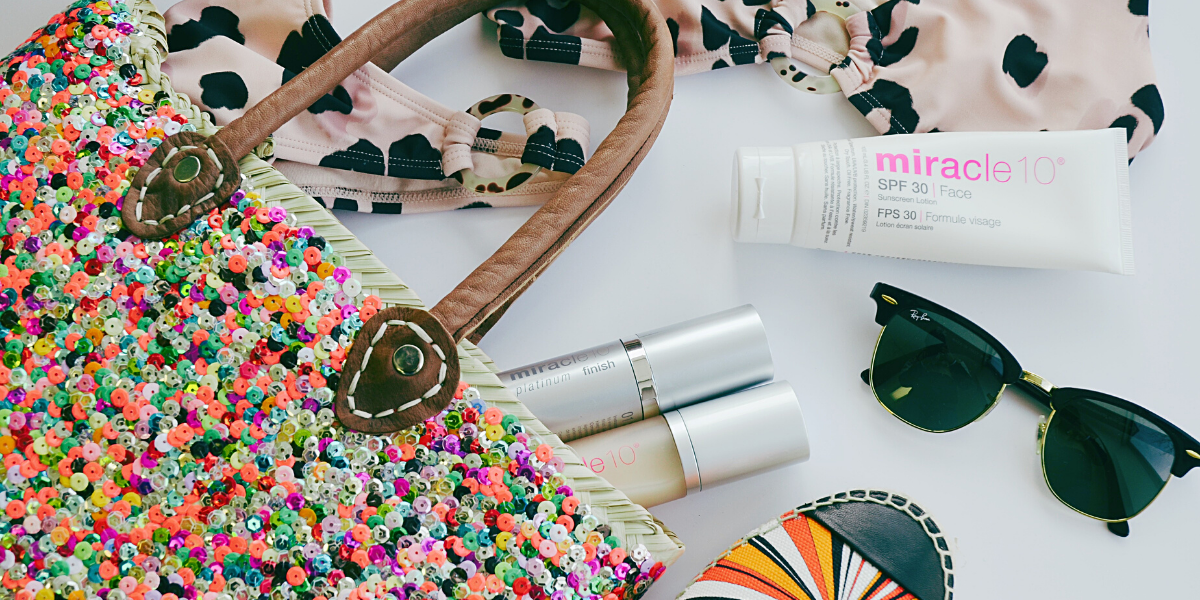Say it with us: Sun protection doesn't end with sunscreen. In fact, applying your SPF should be one of many protective steps toward shielding yourself from ultraviolet and visible light. The truth of the matter is that daily sunscreen application and reapplication (every 2-3 hours when outside!) should be standard practice.
It seems like the world can't stop talking about sun protection these days and for good reason, too. Protecting yourself from UVA, UVB and visible light is a crucial part of your overall health and wellbeing. No matter your skin type, tone, gender or prerogative, everyone requires sun safeguard. These are a few additional habits that should be a part of your "sun protection kit":
- Opt for shaded areas to sit or lounge in
- Consider purchasing UPF clothing (fabrics made with an ultraviolet protection factor of 30+)
- When selecting a hat, choose something with a wide brim that also has a high UPF rating
- Sunglasses are more than a fashion statement! When purchasing a pair, select an option with a rating of UV400 or higher
- Say no to tanning beds... just don't do it!
Sunscreen Scandal
If you're a skincare junkie like us, you may have heard about the recent sunscreen drama that's been circulating the internet. At Miracle 10, educating our friends and readers about skin health is our number one priority. We don't stand for fearmongering so we're not going to get into the nitty-gritty of the drama, however, it is an important discovery that should be shared.
Recently, an independent study in the United States revealed a benzene contamination issue (a known carcinogen) with certain household sunscreens and after-sun products.
You can read the full statement here.
Full list of products where benzene was detected.
Full list of products where benzene was not detected.
Is the absorption of benzene concerning? Absolutely. Do we know how much benzene is ultimately absorbed into the bloodstream? No. Are we already exposed to benzene through our environment? Unfortunately, yes. If not by pollution, certain paints, solvents and solutions also contain benzene.
Before we all begin to freak out, if you happen to have one of the sun care products listed in the study, check the UPC, lot number and expiration date, first. Every skincare product is made in batches, and if all 3 of those components match what is listed in the study, you know that yours was included in the evaluation. If your product happens to be one of the contaminated ones, it is recommended to discontinue use and responsibly dispose of your product. Should you wish to learn more about the study, dermatologist Dr. Shereene Idriss goes to great length in an easy-to-digest YouTube video, here.
This final and possibly the most important takeaway we'd like to share with you is that benzene is not a result of broken-down sunscreen. Meaning, not every sunscreen on the market (including ours!) has benzene. This is solely a contamination issue with the manufacturing facilities used - not a sunscreen issue.
So, continue to apply and reapply your Sunscreen Lotion SPF 30, rock a cute sunhat and don't forget your UV glasses. You're all set for summer! Do you have any sun protection questions? Let us know in the comments below.

